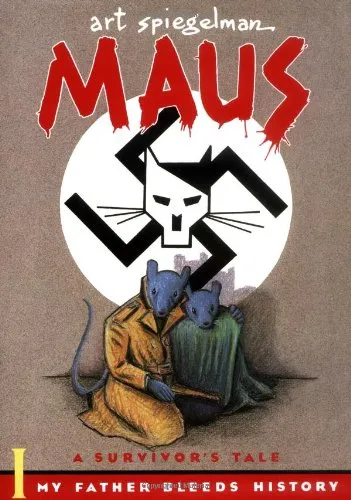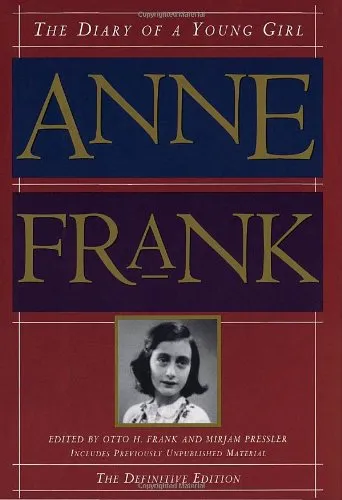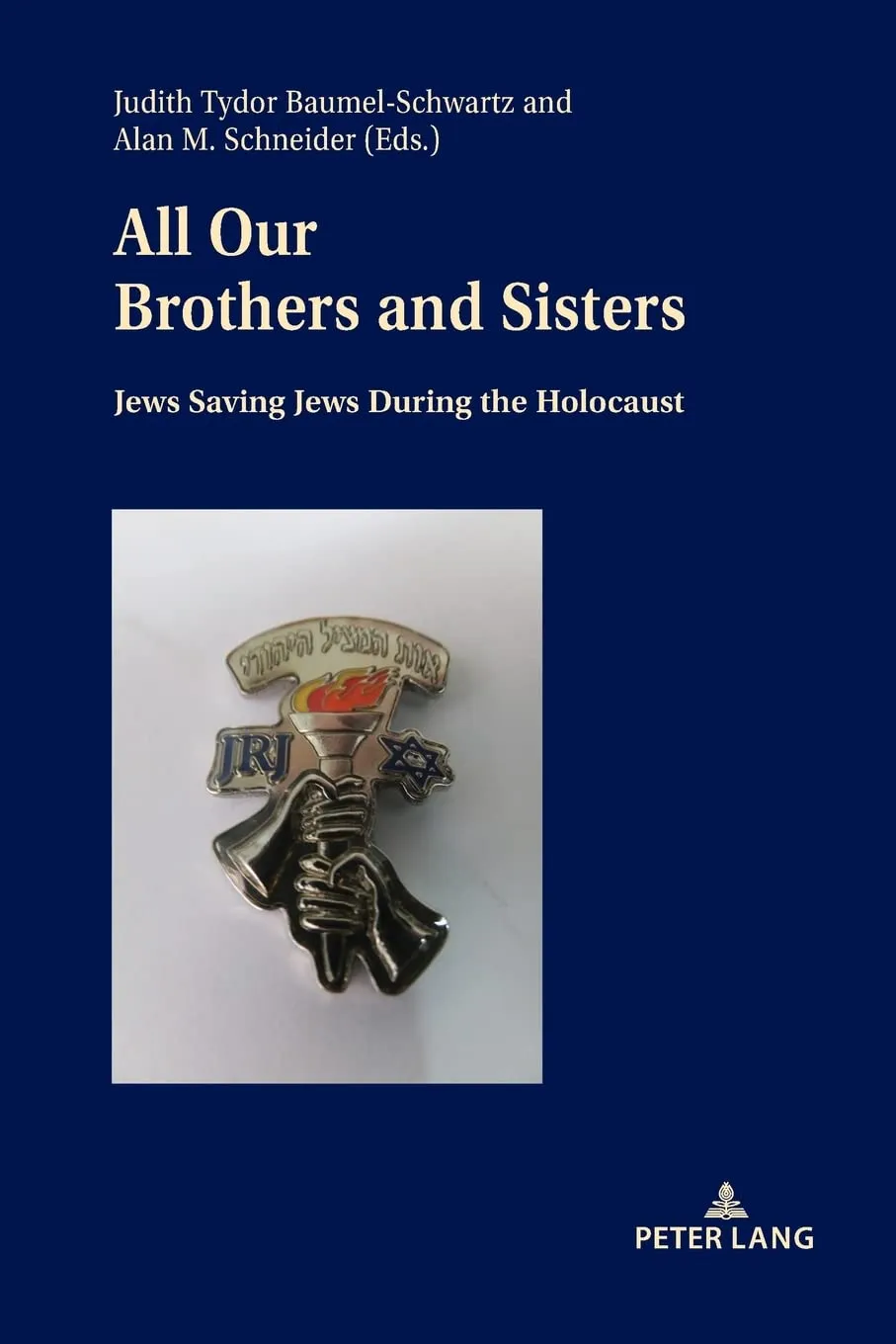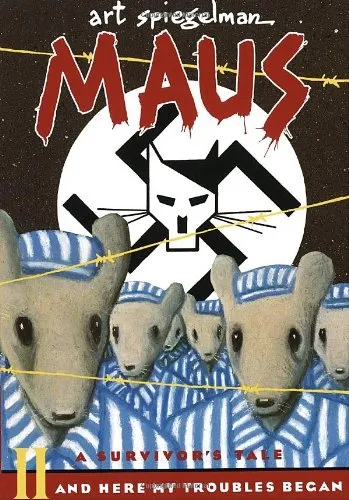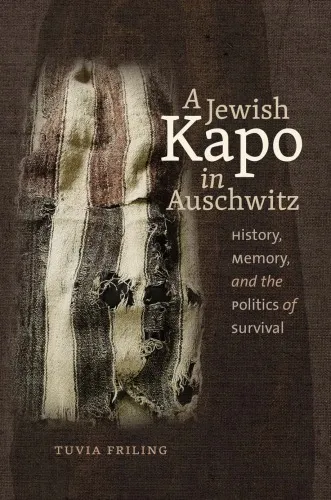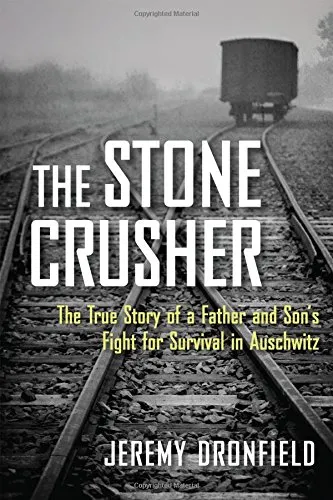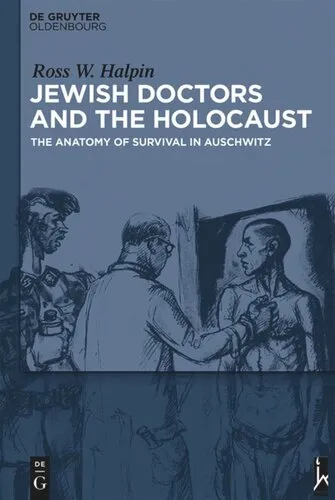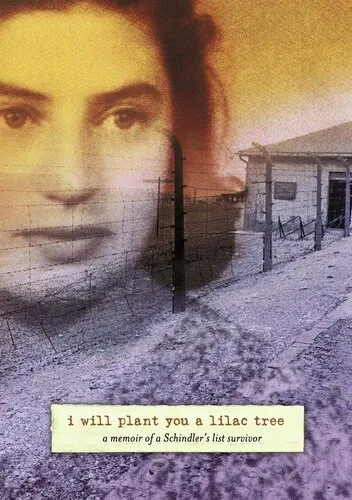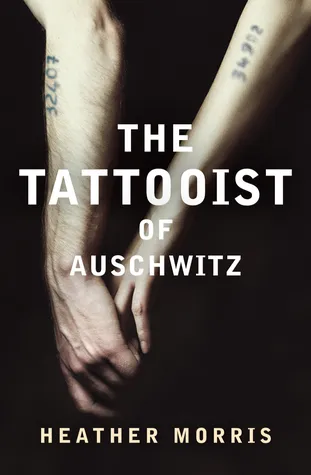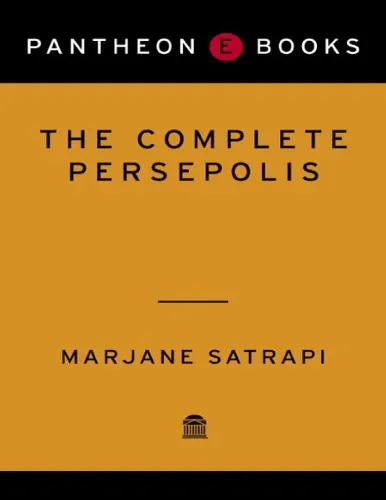Maus: A Survivor's Tale: 1. My Father Bleeds History
5.0
Reviews from our users

You Can Ask your questions from this book's AI after Login
Each download or ask from book AI costs 2 points. To earn more free points, please visit the Points Guide Page and complete some valuable actions.Related Refrences:
Maus: A Survivor's Tale: 1. My Father Bleeds History
Art Spiegelman's "Maus: A Survivor's Tale: 1. My Father Bleeds History" is a groundbreaking graphic novel that narrates the harrowing experiences of Holocaust survivors using innovative storytelling techniques. In this intensely personal work, Spiegelman explores themes of trauma, survival, and the relationships between generations through vivid illustrations and candid dialogue. The novel presents the story of Spiegelman's father, Vladek Spiegelman, a Polish Jew, and his tumultuous journey through Nazi-occupied Europe. By depicting Jews as mice and Nazis as cats, Spiegelman delivers a powerful allegory that has captivated readers and critics alike.
Detailed Summary of the Book
The narrative of "Maus: My Father Bleeds History" is woven through an intricate tapestry of past and present, combining the ordeal of World War II with the complexities of family dynamics. Art Spiegelman alternates between two primary timelines: the pre-war and wartime experiences of his father, Vladek, and Art’s contemporary interactions with Vladek in New York. Through these dual narratives, readers gain insight into the lingering impacts of trauma on survivors and their descendants.
Vladek's story begins in the years leading up to the Holocaust, illustrating the gradual but relentless onset of Nazi oppression. His accounts delve into the heart-wrenching experiences of his family, including his wife Anja and their child, after the occupation of Poland. Spiegelman vividly depicts the constant threat of violence, the inhuman conditions in ghettos and concentration camps, and the desperate measures taken to survive. Interwoven with these painful memories are Art's conversations with an aging Vladek, who struggles with health issues and the burdens of his past.
These interactions reveal a strained father-son relationship, marked by mutual misunderstandings and the shadow of unspeakable trauma. As Art seeks to understand and document his father's experiences, he grapples with feelings of guilt and responsibility, both towards his father's suffering and his role as a storyteller. This dual narrative provides a poignant reflection on the nature of memory, history, and identity.
Key Takeaways
- Maus redefines storytelling through its use of the graphic novel format, blending visual art with deep narrative to convey historical and emotional truths.
- The book highlights the intergenerational impact of trauma, illustrating how the Holocaust shaped not only Vladek's life but also that of his son.
- Spiegelman's allegorical use of animals underscores the absurdity and brutality of racial categorizations inherent in the Nazi ideology.
- Through intimate and often painful dialogues, Maus explores the complexities of family ties, survivor’s guilt, and the challenges in preserving historical memory.
Famous Quotes from the Book
"To die, it's easy… But you have to struggle for life!"
"It would take many books, my life, and no one wants anyway to hear such stories."
Why This Book Matters
"Maus: My Father Bleeds History" stands as a seminal work in both Holocaust literature and graphic storytelling. Spiegelman's innovative approach challenged the conventions of both memoir and comic art, offering a new paradigm for depicting historical trauma. The book is not only a personal testament but also an important cultural artifact that underscores the imperative to remember and reckon with the past. In reimagining complex themes through visual metaphor and narrative depth, "Maus" continues to educate and resonate with audiences around the world, ensuring that the horrors of the Holocaust are never forgotten.
Moreover, the success of "Maus" opened the door for graphic novels to be taken seriously as literature and displayed their ability to tackle heavy and complex subjects with sophistication and empathy. It serves as a critical example of how art forms can evolve to meet the storytelling needs of their time, and its enduring relevance confirms its place among the most notable works of the 20th century.
Free Direct Download
You Can Download this book after Login
Accessing books through legal platforms and public libraries not only supports the rights of authors and publishers but also contributes to the sustainability of reading culture. Before downloading, please take a moment to consider these options.
Find this book on other platforms:
WorldCat helps you find books in libraries worldwide.
See ratings, reviews, and discussions on Goodreads.
Find and buy rare or used books on AbeBooks.
1404
بازدید5.0
امتیاز0
نظر98%
رضایتReviews:
5.0
Based on 0 users review
Questions & Answers
Ask questions about this book or help others by answering
No questions yet. Be the first to ask!
